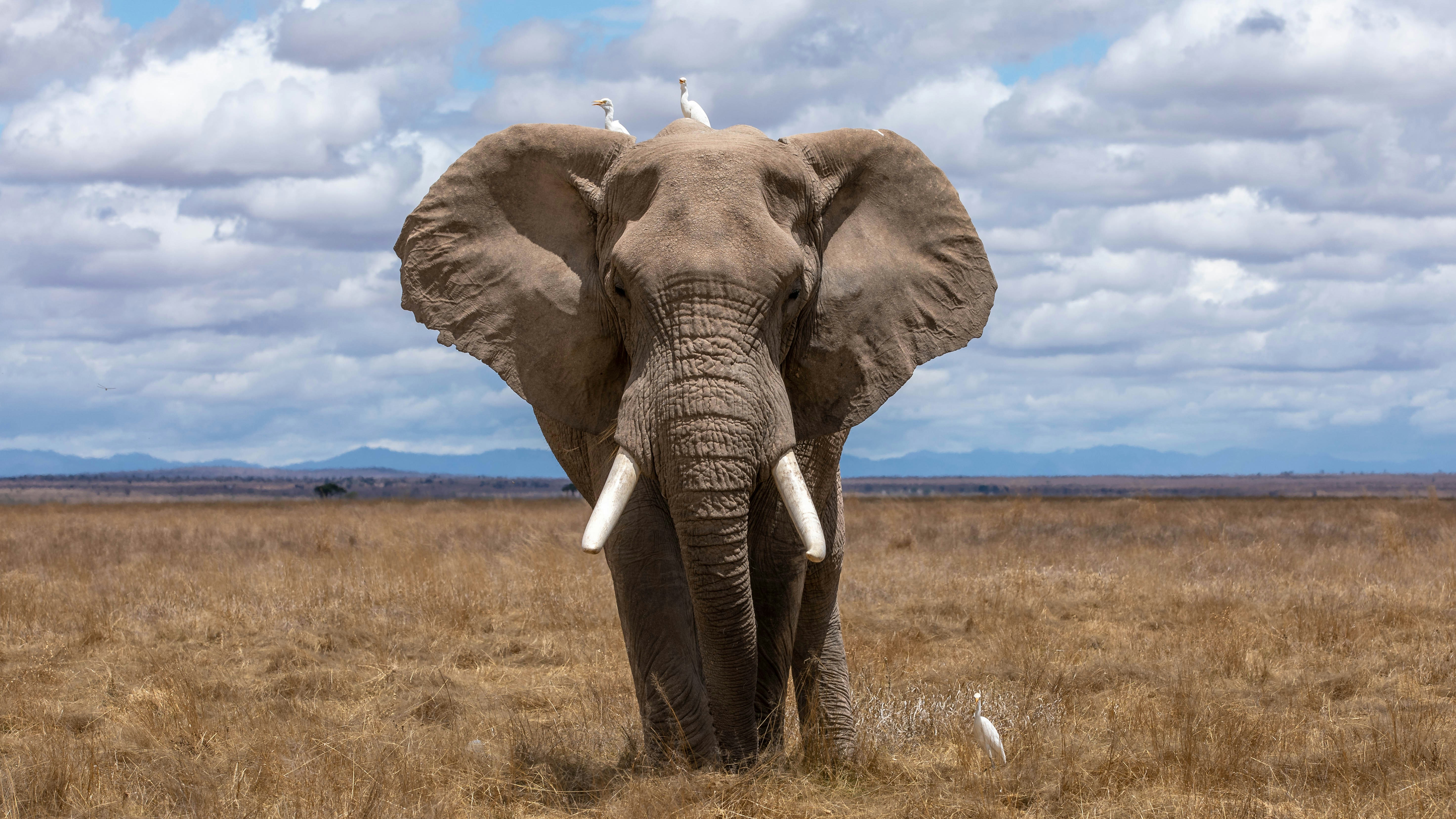<aside>
🐘 These Notes are not intended to depict a complete representation of the content of the book. They are simply a collection of the sentences and concepts that resonated the most with me.
</aside>

If you like this content, consider signing up to the Weekly Newsletter, so to receive new posts as soon as they are published, and follow the journey of a university student figuring out life and its conundrums.
Introduction
<aside>
🐘 Elephant in the Brain: An important but unacknowledged feature of how our minds work; an introspective taboo.
</aside>
- Medicine isn't just about health - it's also an exercise in conspicuous caring.
- Conspicuous caring is the need for taking care of oneself beyond simple health reasons; it's an unspoken need for feeling coddled.
- Taboo topics like social status aren't discussed openly, but are instead swaddled in euphemisms like "experience" or "seniority".
"Every man alone is sincere. At the entrance of a second person, hypocrisy begins."
RALPH WALDO EMERSON
- Under the feel-good veneer of win-win cooperation — teaching kids, healing the sick, celebrating creativity — our institutions harbor giant, silent furnaces of intra-group competitive signaling, where trillions of dollars of wealth, resources, and human effort are being shoveled in and burned to ash every year, largely for the purpose of showing off.
- If we listen to what people say about themselves, we'll often be led astray, because people strategically misconstrue their motives. It's only by cross-examining these motives, using data about how people behave, that we're able to learn what's really driving human behavior.
<aside>
🐘 Box 2: Our thesis in plain English
</aside>
- People are judging us all the time. They want to know whether we'll make good friends, allies, lovers, or leaders.
- Because others are judging us, we're eager to look good. So we emphasize our pretty motives and downplay our ugly ones.
- This applies not just to our words, but also to our thoughts, which aren't as private as we imagine.
- In some areas of life we are quick to point out when others' motives are more selfish than they claim (e.g. politics). In areas like medicine we all like to believe that all of us have pretty motives.
Part 1 | Why We Hide Our Motives
#1 - Animal Behaviors
- (judging from our behavior) knowledge suppression is useful only when two conditions are met:
- when others have partial visibility into your mind;
- when they're judging you, and meting out rewards or punishments, based on what they "see" in your mind.
